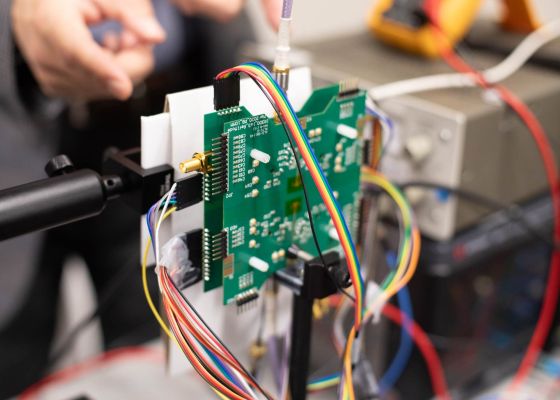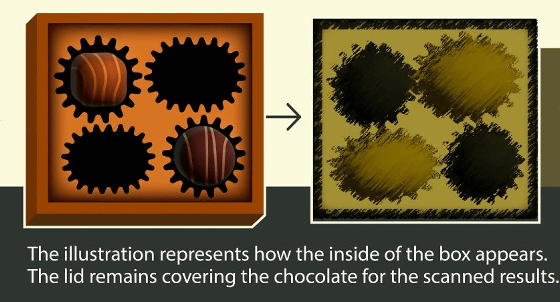Scientists Invent X-Ray Lenses For Your Smartphones To 'See' Through Walls
Superman vision is here, with a catch.
Scientists have found a way to implement X-ray vision to regular smartphones
Engineers from the University of Texas and Seoul National University claim that their technology will allow devices to identify studs, wooden beams, or wiring behind walls, detect cracks in pipes, and reveal the outlines of contents in envelopes and packages. They also foresee its application in the medical field.
The magic behind this technology lies in its electromagnetic frequencies
The imager consists of a 1×3 array of high-frequency transceiver pixels operating at 300GHz. This device emits signals in the millimeter-wave band, which falls between microwave and infrared frequencies on the electromagnetic spectrum.
These millimeter-wave signals are invisible to the human eye and are considered safe for human exposure. Similar technology is used in the large, stationary passenger screening devices commonly seen at airports.
Researchers explain that these compact devices include a low-noise amplifier, a differential gain stage, and an advanced mixer to extract the signal's amplitude and phase. Remarkably, the entire setup occupies an area about half the size of the signal's wavelength. In other words, it's pretty portable.
The image above shows a test board equipped with a fluoroscopy chip. This chip measures 0.5mm by 0.5mm, making it suitable for integration into small devices like smartphones. Designed for close-range use to ensure privacy, the fluoroscopy chip requires the object to be within 2.54cm for effective imaging.
This means that if someone were to use this device to scan your bag, they would have to get up close and personal with your belongings, potentially alerting you and bystanders.
Here's what the X-ray image looks like:
The researchers indicate that the next version of the imager chip will be capable of recording images from up to five inches away, which will facilitate the viewing of smaller objects.
Researchers are optimistic that their advancements in short-range imaging will open the door to advanced applications across multiple fields.

